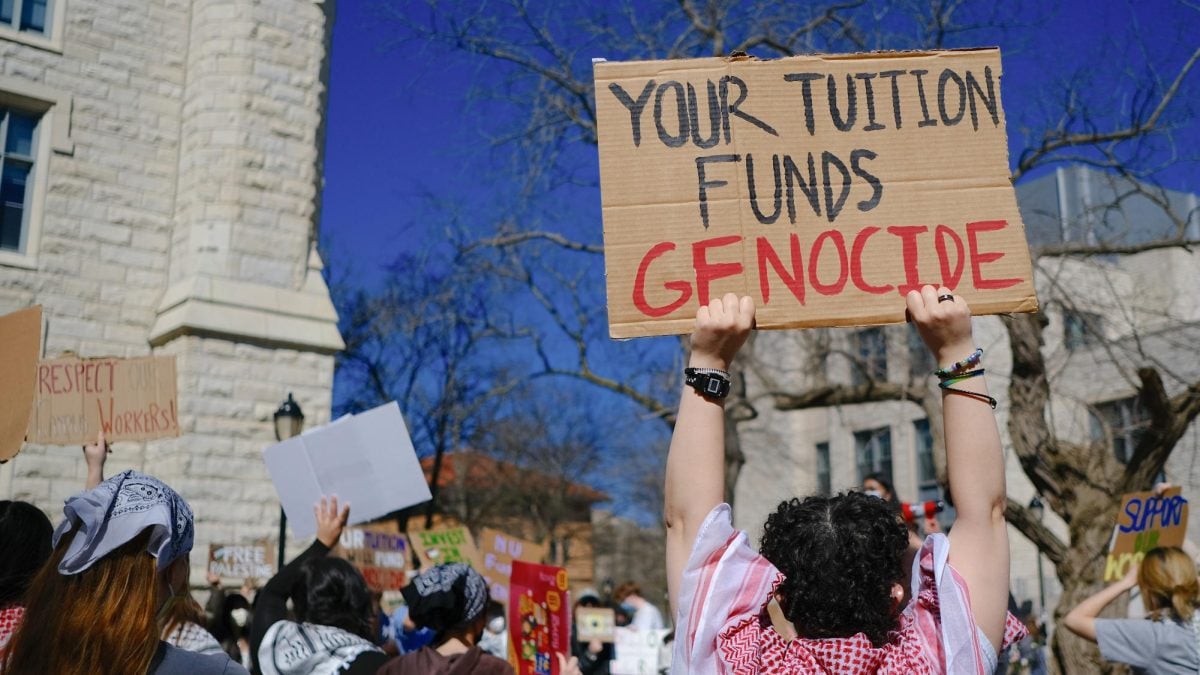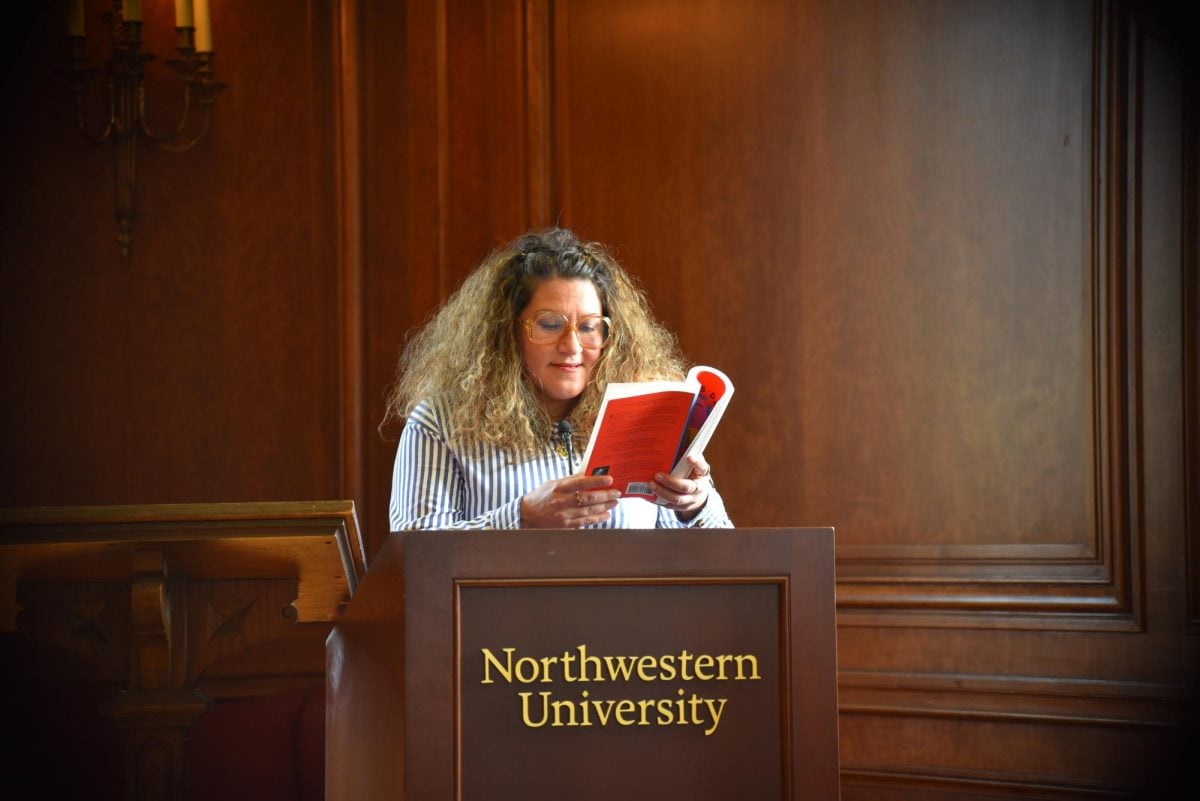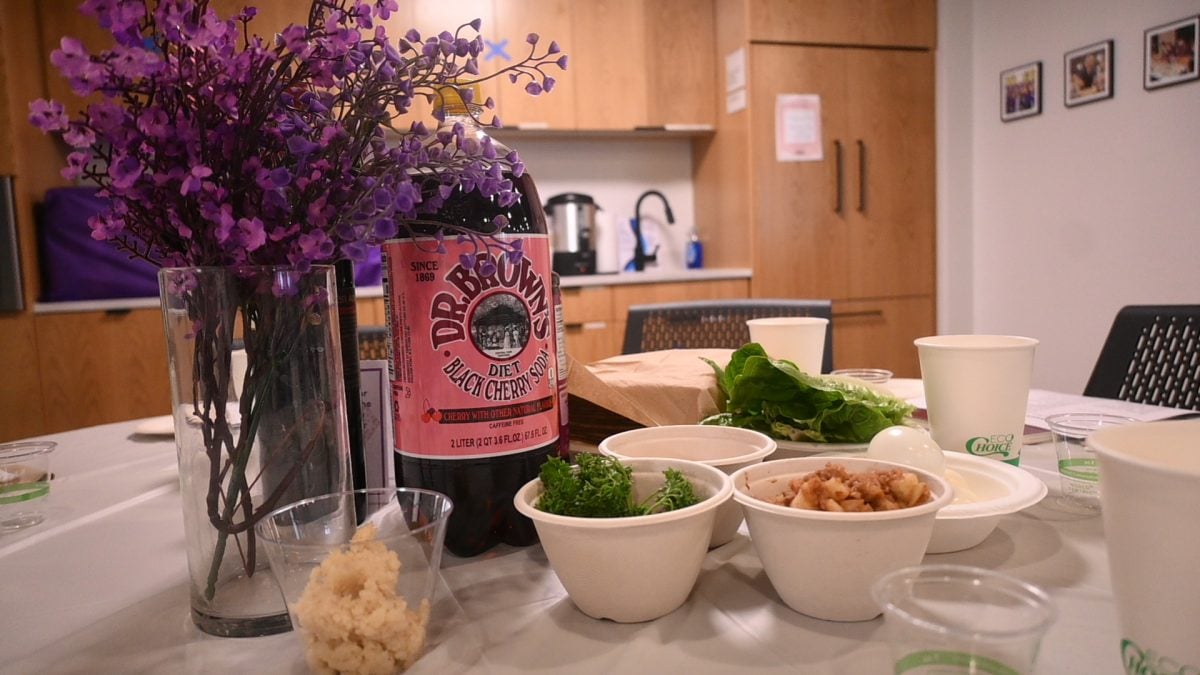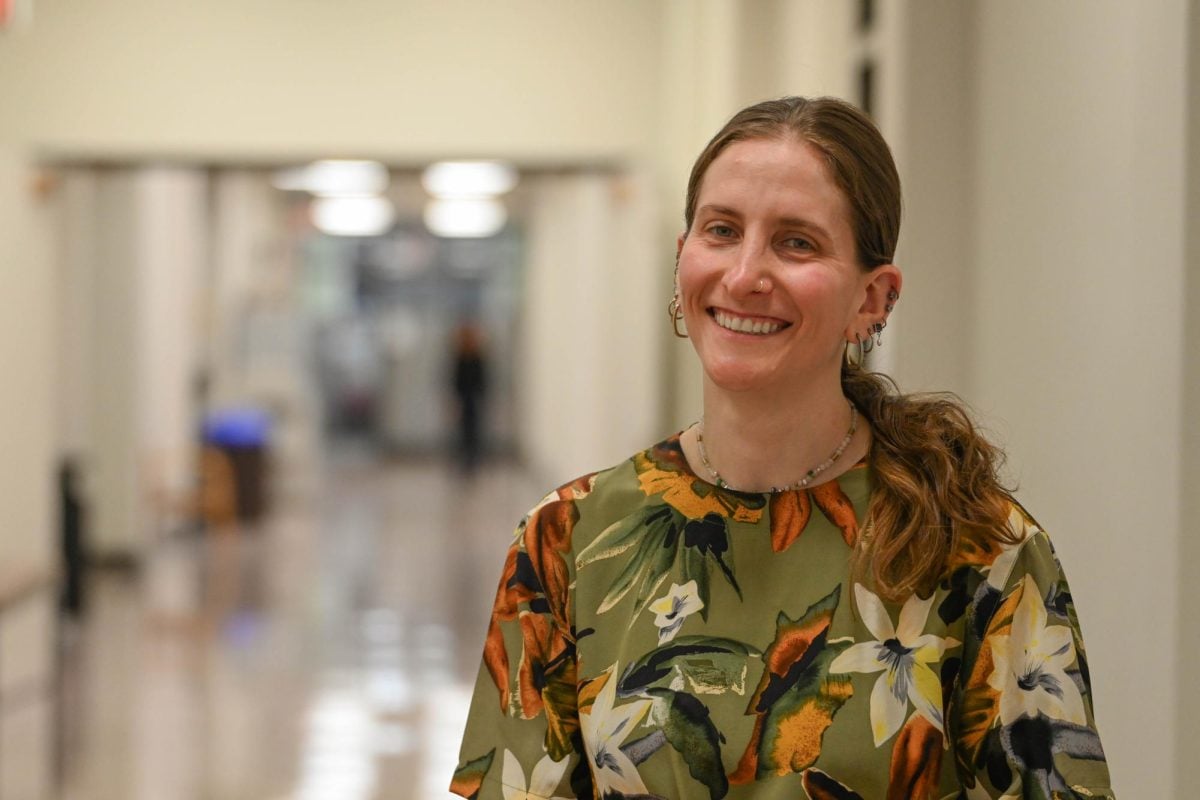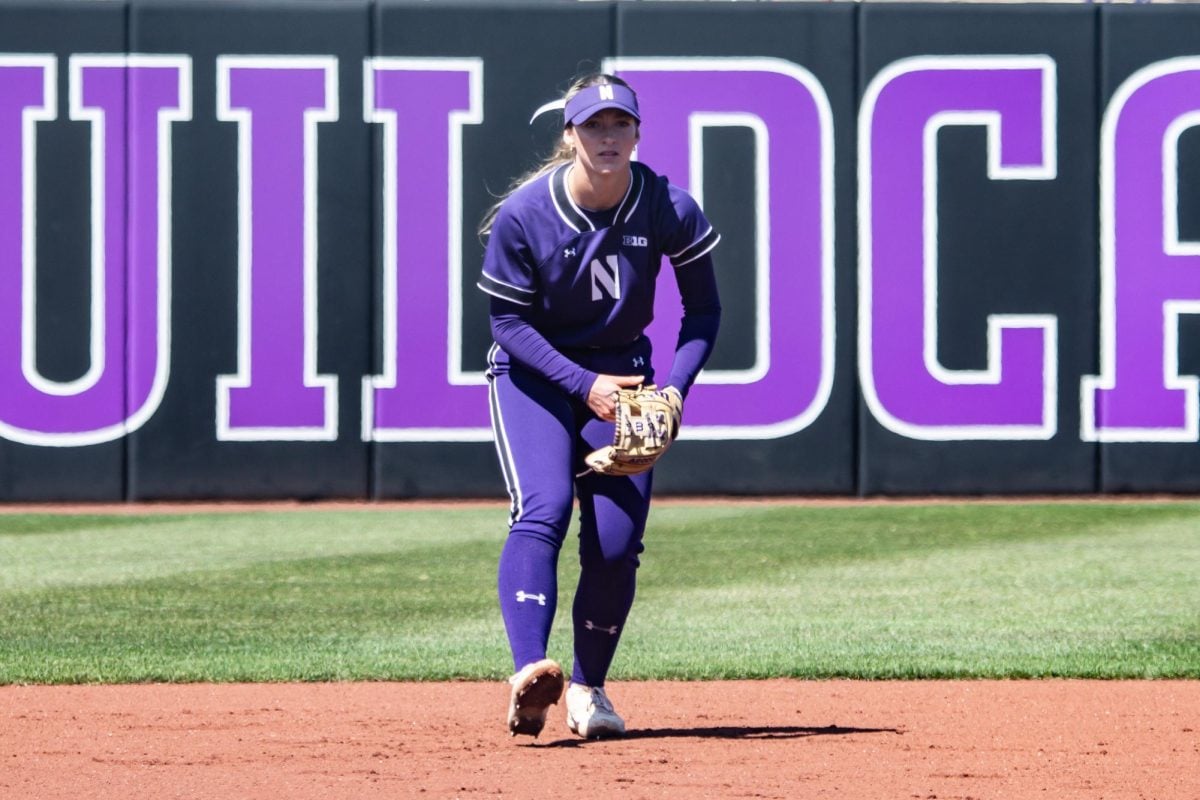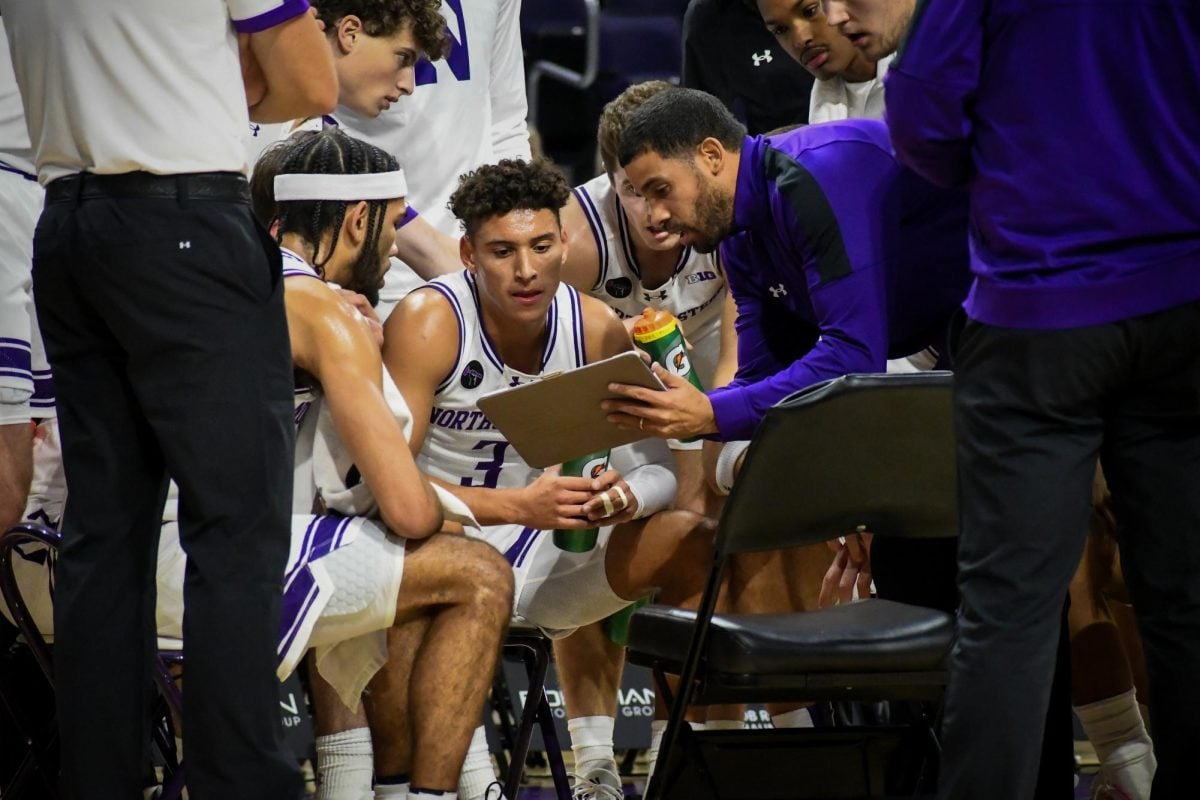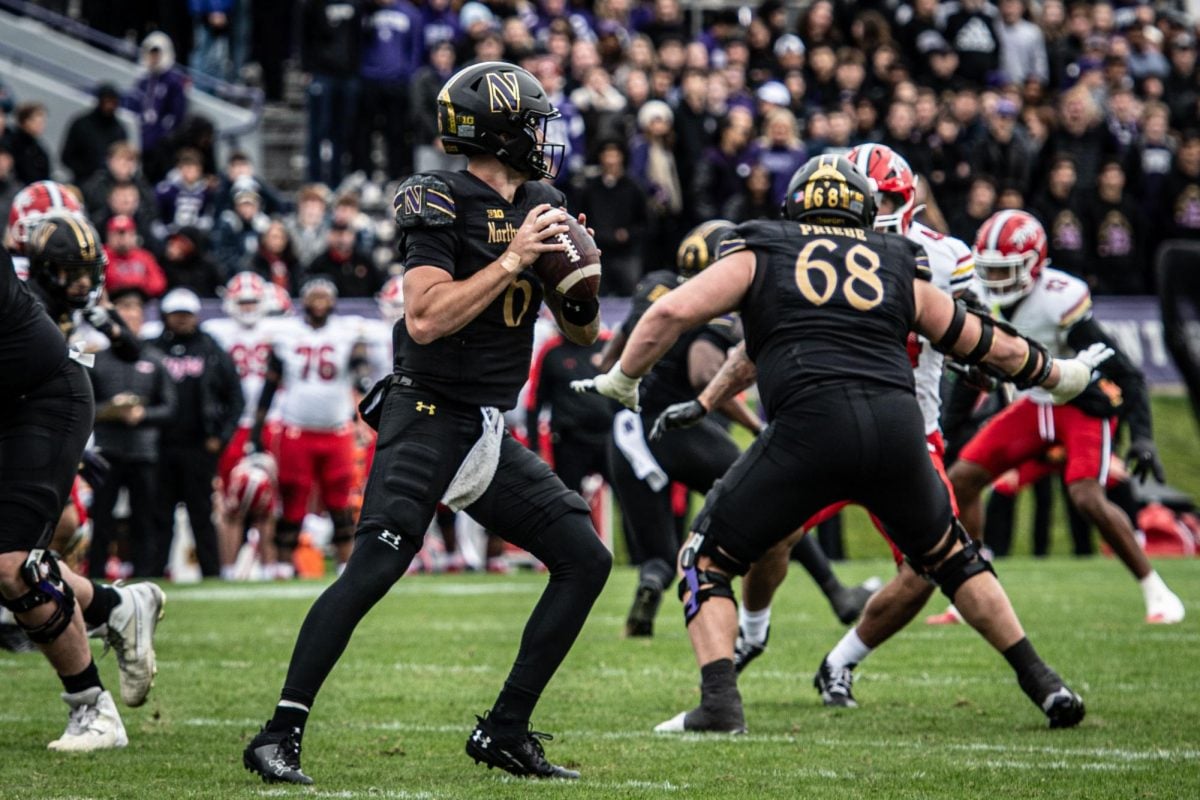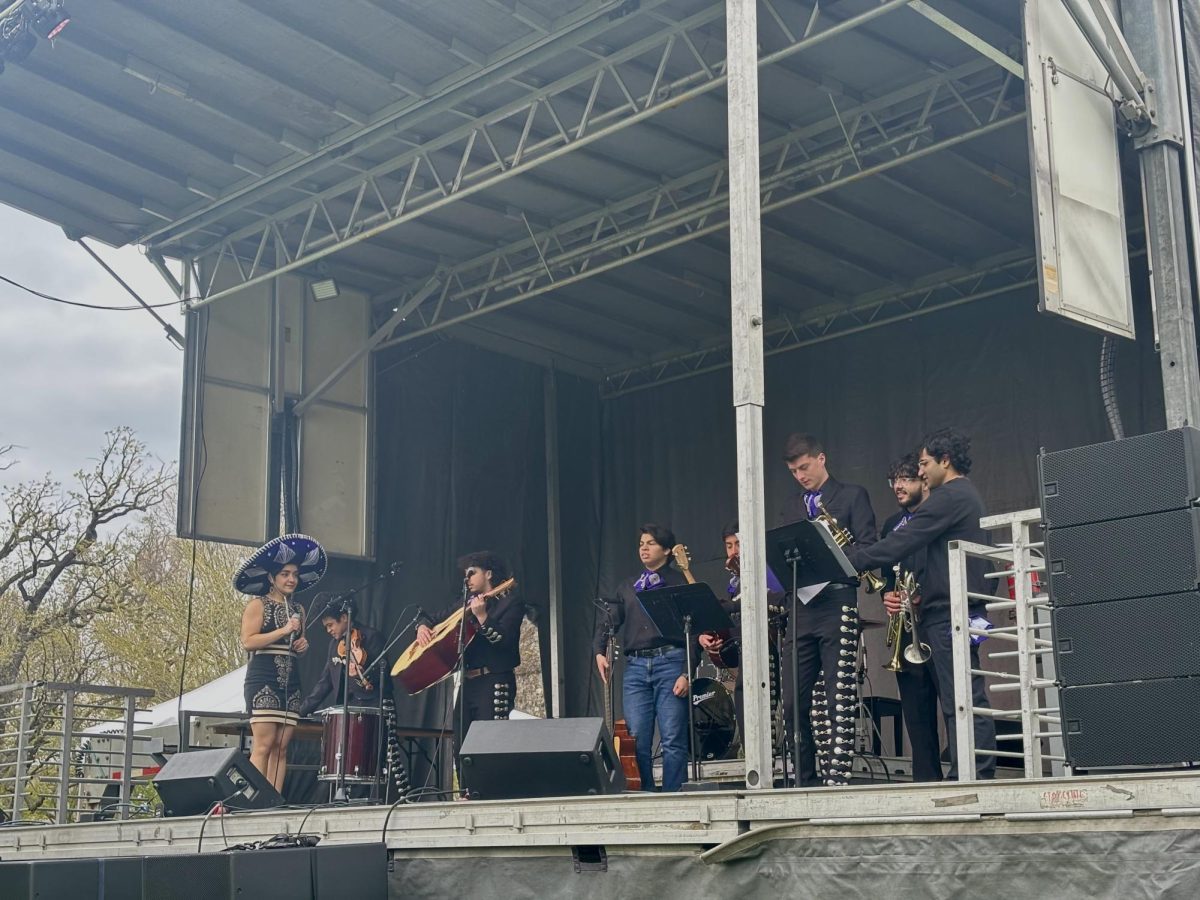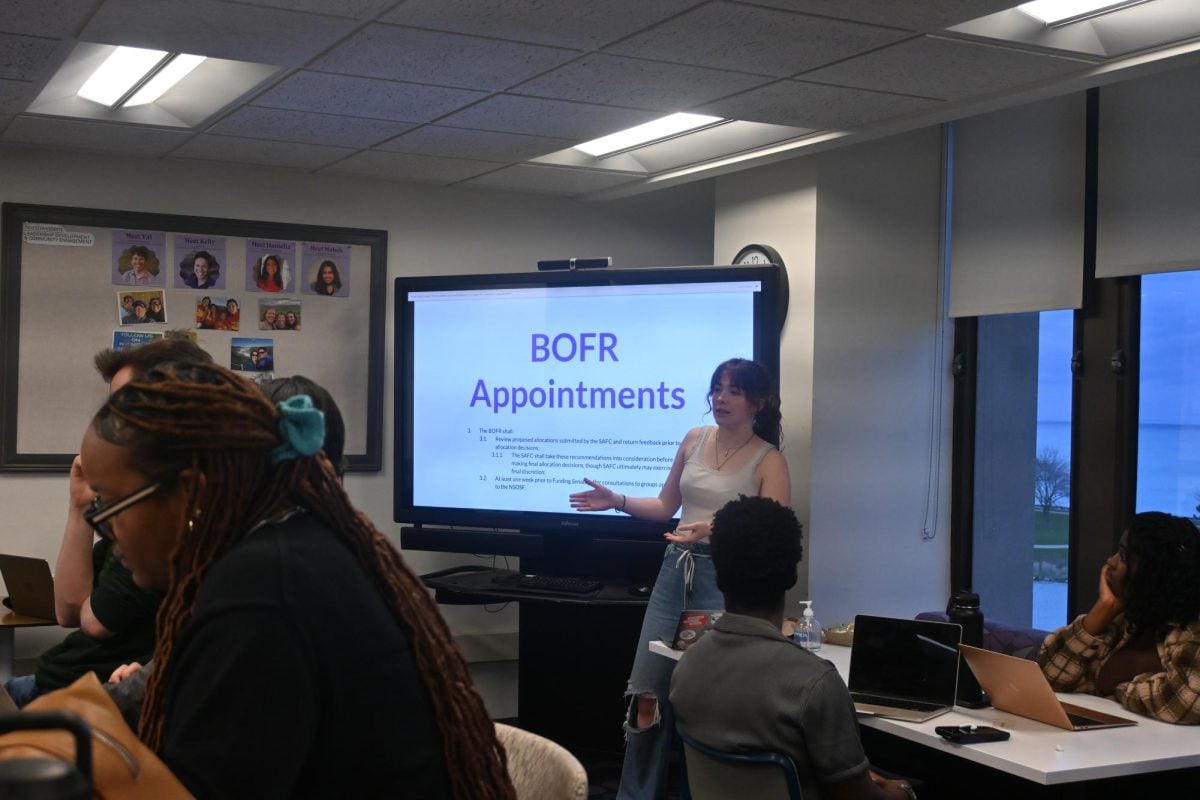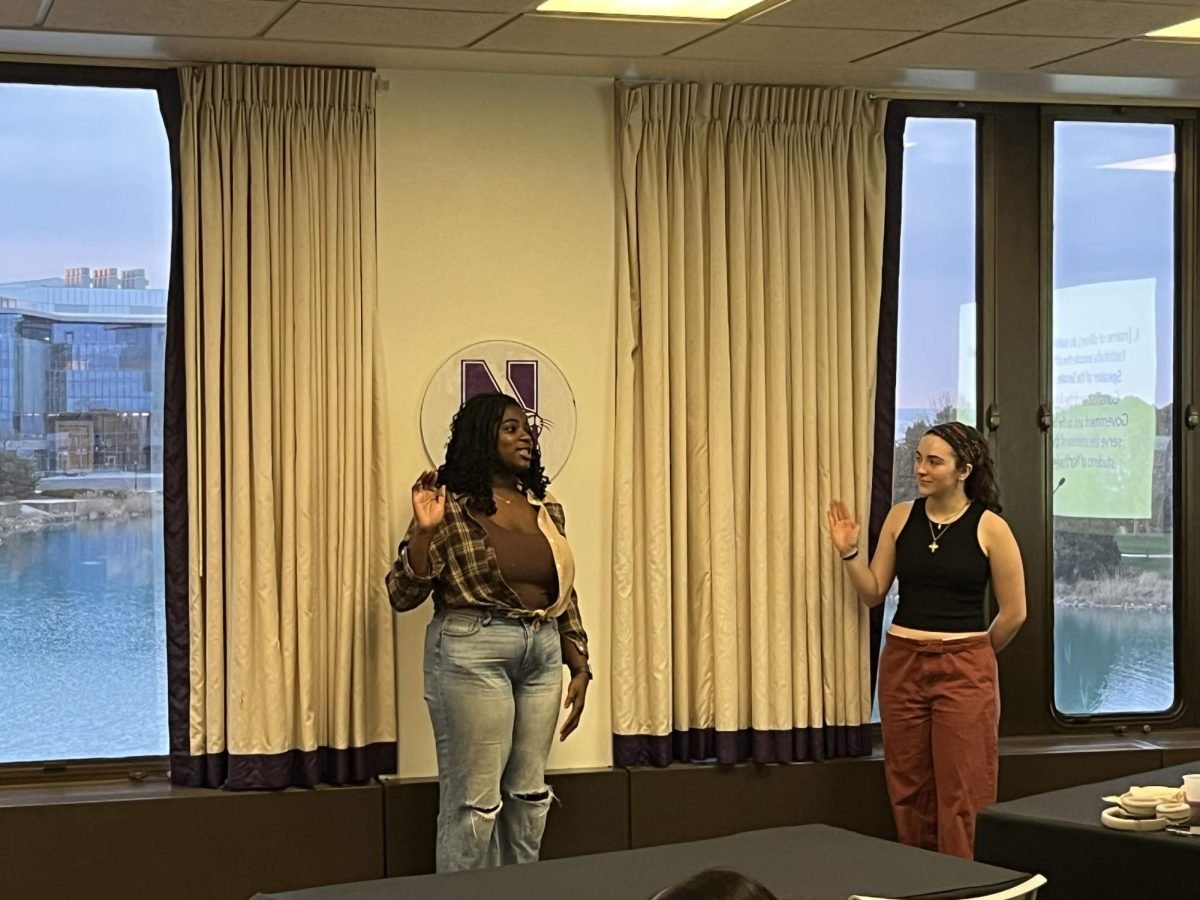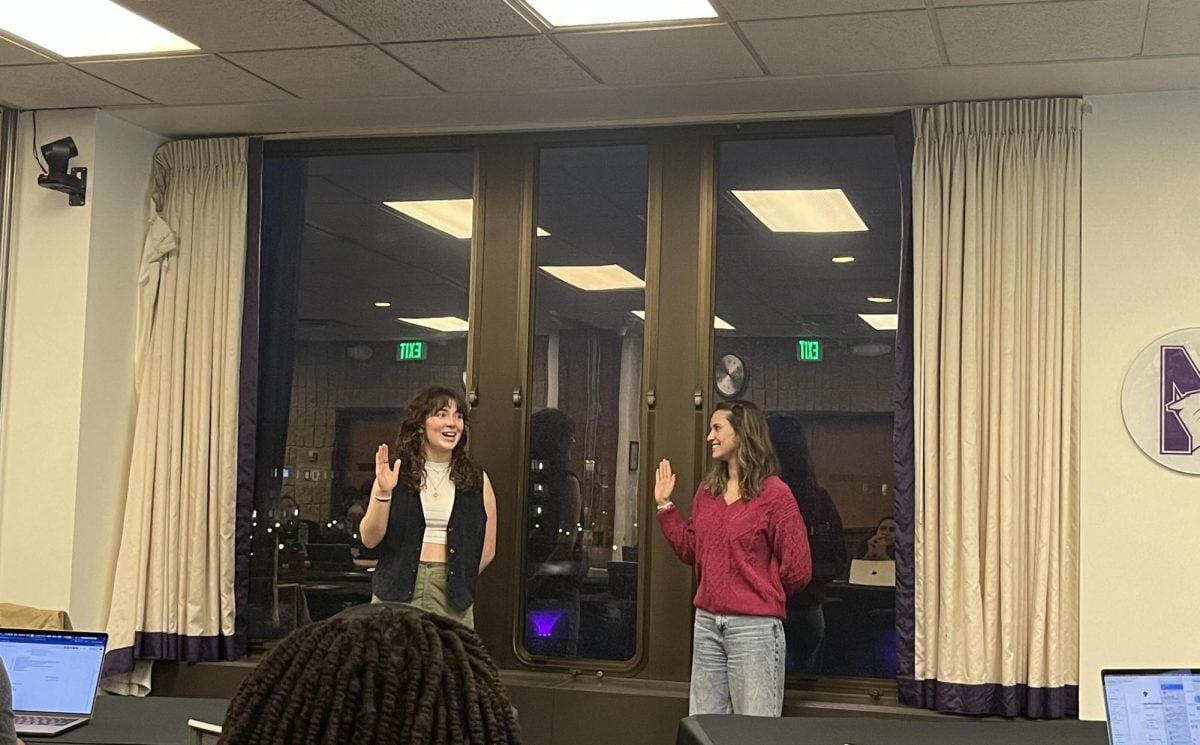Associated Student Government passed a new set of campaign reforms just in time for the upcoming election season, which kicks off 5 p.m. Friday when candidates must submit their student-signed petitions.
The most notable reform is the elimination of runoff elections, which have determined the presidential winner several times in recent years. The changes will also impact the methods the candidates use prior to the official campaign season when developing their platforms.
ASG election commissioner Abby Klearman said the changes, which were passed at Winter Quarter’s penultimate Senate meeting, are intended to level the playing field for candidates and improve voter engagement and turnout. They are the result of months of work by an ad-hoc committee that investigated the campaign processes of student governments at Northwestern’s peer institutions.
ASG decided to scrap the runoff election because it prolonged the campaigns, ASG election commissioner Abby Klearman said. ASG candidates previously needed to win a majority to win an election. Candidates can now get elected without a majority of votes cast with the introducting of a new preferential voting system, where voters will rank candidates instead of picking just one.
Klearman said it was important to get rid of the runoff election because a lot of students did not turn out for the second round of voting two days later.
Executive vice president Brad Stewart said the change was positive, from a former candidate’s perspective. He recalled feeling discouraged when he found out he had to campaign for two more days last spring after he and president Victor Shao won the plurality in the initial election, but missed the majority by roughly 300 votes.
“It’s a really tiring process, and that just makes it more tiring,” he said.
Around campus during election week, students will no longer see as many flyers and messages on Sheridan Road.
Limited chalking and flyering is now permitted in eight designated zones. ASG will fund 50 sticks of chalk for each candidate, and candidates can dip into personal campaign budgets to purchase more.
“Candidates will have to have more face-to-face contact with the student body,” said Klearman, a McCormick junior.
Reforms affecting campaigning and eliminating runoff elections will take effect this year. Candidates can begin non-verbal campaigning, flyering and social media promotion on Monday.
In addition to the election change, the reforms have allowed the process to be open to more non-ASG candidates. ASG will now provide campaign funding to all candidates who attain the required 300-350 signatures to run so students will not be financially prohibited from running.
Additionally, the rules have been changed to provide candidates outside ASG with a fair chance. Ian Coley, ASG caucus whip, explained that, in previous years, “ASG insiders” held meetings with influential student leaders and University officials months before campaigning began to develop ideas for campaign platforms. These teams had an advantage in the campaign, the Weinberg senior said.
Stewart said last year he and Shao began putting together a campaign team in November, and by January they were meeting with students to gather ideas for their platform.
“Victor and I learned so much during those three months,” the Medill senior said. “It was definitely valuable and definitely helped.”
Coley explained with the new reforms, all ASG candidates will have to declare an intention to run by the second week of Winter Quarter, at which time they can begin meetings to establish platform development. This change will take effect next year because the reforms were not approved until March this year.
“We want to demystify the process for members both in ASG and Northwestern who don’t know what’s going on,” Coley said. “Before it was really skewed toward those who know that system.”
Campaign reform legislation failed to pass the ASG Senate last spring due to internal disagreements.
Correction: A previous version of this story misstated the new chalking regulations and the number of signatures required. Chalking will be limited to eight designated zones, and candidates needed a minimum of 300 and a maximum of 350 signatures. The story has also been updated to clarify the new policy replacing runoff elections. The Daily regrets the errors.

